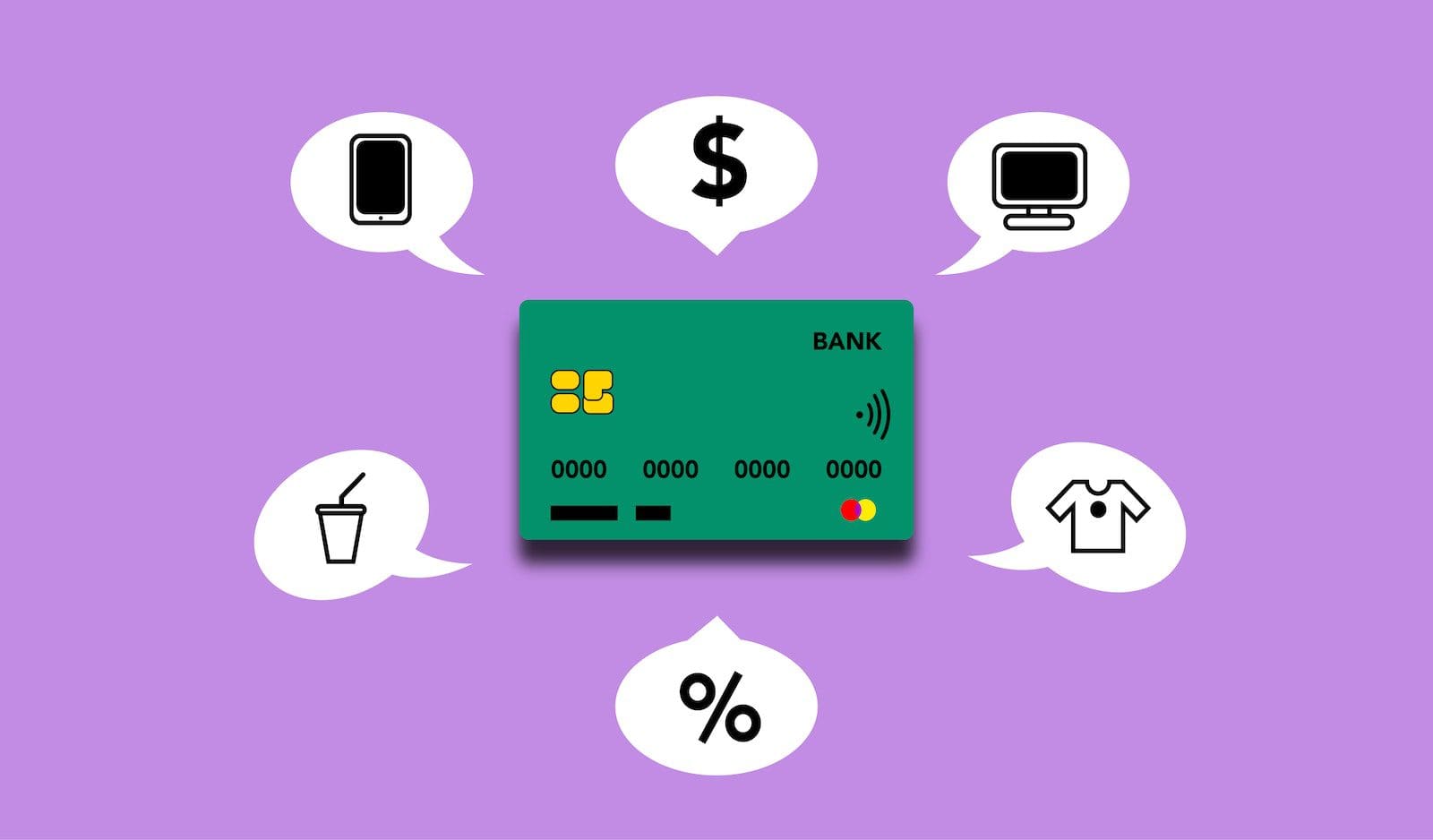Banking is the most basic and necessary activity in everyone’s daily life. It helps handle cash, credit, and transactions while providing a safe space for the same. Banks also offer a safe space for consumers to invest or take loans.
There are different types of banks, which also offer a variety of account types and varied services according to their target customer.
Key Takeaways
- Retail banking involves banking services to individuals and small businesses, such as deposits, loans, and mortgages.
- Investment banking provides financial services and advice to corporations and large businesses, such as underwriting, mergers, and acquisitions.
- Retail banking is less complex than investment banking and involves less risk, while investment banking involves more complex financial transactions and carries higher risk.
Retail Banking vs Investment Banking
The difference between retail banking and investment banking is that the former is everyday banking through which the general public can fulfil their basic bank requirements. Investment banking is designed to provide funding to larger institutions. It also helps them to make investments.

Retail banking majorly focuses on daily transactions, especially for the general public. The bills, fees, salary, and other payments are made through retail banks. Cheques, saving accounts, and credit cards are some of the services retail banks provide for the ease of consumers.
Investment banking is large-scale banking which provides services to large institutions, cooperation, or any government. Investment banking facilitates big institutions’ complex transactions, mainly- mergers and acquisitions. Institutions hire investment banks to access their services.
However, one cannot deposit small amounts of cash in investment banks.
Comparison Table
| Parameters of Comparison | Retail Banking | Investment Banking |
|---|---|---|
| Level of transactions | Handles transactions with a lesser amount of money | Handles transactions with a more significant amount of money |
| Clientele | General public | Larger institutions, government, cooperation |
| Source of income | Charges for the services provided by the bank | It depends on the capital transactions |
| Performance influences | Credit demand and economic growth | Proportional to the performance of the stock market |
| Services | Individual bank accounts, ATM, debit/credit, loans, online banking, etc. | Mergers and acquisitions, underwriting equities, debt security, advisory services. |
What is Retail Banking?
Retail banking refers to the general bank transactions one does in everyday life. The general public uses the services of retail banks in daily financial transactions such as sending money to someone else’s account, paying bills, receiving a salary, taking loans, using debit/credit cards, etc.
Retail banking is also known as consumer banking because it is specially designed to facilitate the general public’s financial needs. People can make deposits and invest money for the future. They can also get loans from the bank.
Since these banks are reliable, the public can rest assured about the money they saved in their accounts.
In retail banks, each individual can open their accounts per their needs. The bank provides services to each consumer and offers various services such as online banking platforms, ATM services, money orders, wire transfers, and banking, especially for students, etc.
Their primary focus is the local market.
Customers’ retail banking experience is enhanced by serving them via local branches and mobile banking services. However, interestingly, retail banks are not allowed to operate without the charter provided by the federal government.
Retail banks earn by charging fees for the various services they provide to each of their customers. The interest from the loans also adds up to their income.

What is Investment Banking?
Investment banking focuses on providing services to large institutions, companies, etc. These banks are specially designed to help the clientele in managing their finances, which are complex and of large amounts.
These banks provide a variety of services to help their clientele succeed financially. Investment banks help in raising money for large-scale businesses or institutions.
Investment banks provide services such as underwriting equity and debt securities. In simpler terms, if an institution needs to attract more capital via debt or equity issuance, the banks underwrite the security issued on behalf of the concerned company.
Investment banks are also involved in mergers and acquisitions. These banks help the companies determine whether the trade is profitable or not. They advise the institutions whether merging with a client is an advisable move.
Besides these significant functions of an investment bank, it also engages in investment management. That is, it analyses companies and products and then they offer advisory services to its clientele about investing in anything.
The two most prominent investment banks in the world are Goldman Sachs and Morgan Stanley, according to Statista. These banks earn their income through the fee negotiated in the capital transactions. Therefore, their profit value is much higher than other banks.

Main Differences Between Retail Banking and Investment Banking
- Retail banking is designed to cater to the general public’s needs and everyday monetary transactions. Investment banking directs itself to the financial transactions of more extensive cooperation, institutions, and government.
- Retail banking manages transactions of a lesser amount of money. However, investment banking organizes and supervises a hefty amount of money.
- Retail banking grants access to services such as individual bank accounts, loans, depositing and withdrawing money, ATM/Debit/Credit cards, etc. Investment banking offers underwriting, debt security, mergers, acquisitions, etc.
- Retail banking focuses on facilitating the everyday transactions of the general public. Investment banking is specially constructed to help larger institutions raise capital and advise them about investing.
- To facilitate retail banking, the branches of these banks are available locally. But, investment banks cannot be spotted as easily locally.

- https://www.emerald.com/insight/content/doi/10.1108/09564239410068670/full/html
- https://www.tandfonline.com/doi/abs/10.1080/02642069100000002
- https://link.springer.com/content/pdf/10.1057/9780230001114.pdf
Last Updated : 11 June, 2023

Chara Yadav holds MBA in Finance. Her goal is to simplify finance-related topics. She has worked in finance for about 25 years. She has held multiple finance and banking classes for business schools and communities. Read more at her bio page.

I found the post to be quite informative and helpful in understanding the nuances of the banking industry.
Absolutely, knowing the differences between retail banking and investment banking really opens one’s eyes to the breadth of services banks provide.
The detailed comparison table is very helpful in highlighting the distinctions in a clear and concise manner.
While the article is informative, it may lack depth in addressing some of the more intricate aspects of banking operations.
I see where you’re coming from, but for a general audience seeking an overview, I believe the content is quite effective.
Indeed, it’s a matter of balancing depth and accessibility, which the article seems to have achieved reasonably well.
The breakdown of retail and investment banking is a valuable addition to the broader discourse on banking and finance.
I particularly appreciated the clarity with which the content presents complex topics in banking.
Absolutely, it’s a comprehensive yet digestible introduction to the subject.
The article did a great job in explaining the fundamental principles of retail and investment banking.
Indeed, it served as a comprehensive guide for understanding the core functions of these banks.
The description of retail and investment banking is spot on, and the comparison table effectively summarizes the key differences.
I couldn’t have said it better myself. The author has done an excellent job in presenting the information.
Agreed, the content is well-researched and presents the topic in a clear and structured manner.
While the article offers a good overview of banking, I believe it may be a bit too simplistic for those already familiar with the banking industry.
I understand your point, but for those who are new to banking or finance, the information provided is quite valuable.
A comprehensive and insightful article for anyone who wants to understand the different types of banks and services they offer.
I couldn’t agree more. The breakdown of retail banking versus investment banking is particularly useful.
The article is a commendable effort in shedding light on the critical functions and distinctions of retail and investment banking.
Indeed, it’s an insightful exploration of the banking landscape, offering valuable knowledge to readers.
I couldn’t agree more, especially given how banking continues to evolve in today’s world.
I found the article to be enlightening and well-written, making it accessible to readers from various backgrounds.
Absolutely, it’s a testament to the quality of the writing and clarity of information.
The article is a great resource for demystifying the complexities of the banking sector.
The article provides a balanced and well-articulated comparison of retail and investment banking, offering a nuanced understanding of their roles and significance.
I share your sentiment. The article has effectively captured the essence of these banking sectors with clarity.